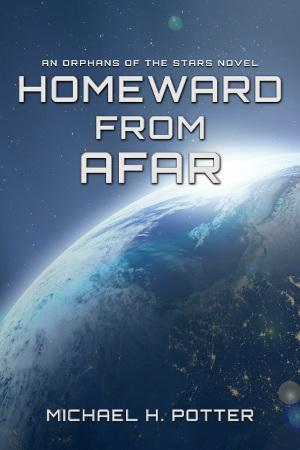It’s been about a month, and I finally made time to read something. Thanks to my brother’s timely discovery of a Youtube channel called "In Deep Geek", I got a little inspired for this one. Man, I hope that guy starts posting on a site that respects its users soon.
Biography
Title: The Nature of Middle-Earth
Author: J.R.R. Tolkien (ed. Carl Hostetter)
Genre: Biography/History?
Year: 2021
I don’t really know how to classify this book. It’s basically a collection of notes and scraps that Tolkien left behind. Much like his son Christopher’s History of Middle-Earth series, a ton of editing had to be done to make something readable. And…well, that didn’t quite work. The book as a whole is very disjointed, full of footnotes and editor comments and just a mess overall.
That makes perfect sense, though. Tolkien was probably the first great worldbuilder. He worked in an era without computers, without the internet. He had to write out his notes longhand. And there were a ton of those notes, because his constructed world began all the way back in the days before World War I. 1909, or thereabouts, was when he first started sketching out the conlang that would become Quenya. By his death, those earliest notes were senior citizens. There was a lot of cruft.
This book, then, is about organizing a lot of that cruft. In that, Hostetter does a good job. His is the job of an archaeologist, in a sense, as well as a forensic scientist. Oh, and a linguist, because Tolkien’s languages were ever the most important part of his creation.
The Nature of Middle-Earth, as its name suggests, gives us notes and drafts related to some of the fundamental questions and thorny problems Tolkien had to solve to give his invented world verisimilitude while also keeping it true to his long-standing ideas and ideals. After all, Middle-Earth is intended to be our world, just a few thousand years in the past. How many, exactly? It’s never stated anywhere in his published books, but this book tells us that Tolkien saw his present day—well, in 1960—as being about 6000 years after the end of LOTR. Convenient, that number, since it’s basically the same as what creationists claim.
And that brings me to the point I want to make. Our editor here repeats his own note a couple of times, emphasizing that Tolkien saw his world as a "fundamentally Catholic" creation. He was a Catholic, so that makes sense in some regard.
Much of the book—much of Tolkien’s corpus of personal notes—is thus about harmonizing a high fantasy world at the cusp of the Dominion of Man with the low, anti-human dogma of the Catholic Church. So Tolkien writes at length, and sometimes in multiple revisions, that his Elves were strictly monogamous, and that they didn’t reincarnate into different bodies. The men of Numenor were the same (except that he didn’t have to worry about reincarnation for them) because they had grown more godly.
In a few cases, Tolkien shows glimpses of a modern scientific worldview that was probably heretical in the churches of his youth. Sure, it’s all in an explicitly theistic framework, but he even accepts evolution for the most part; he can’t quite make the logical leap that humans are subject to it, too, but he meets science halfway, which is more than most would dare.
There is also a glimpse of what I’ve previous called "hardcore" worldbuilding. Tolkien was, of course, a master of that, but The Nature of Middle-Earth shows the extremes he was willing to go to for the sake of his creation. Multiple chapters are taken up with his attempts at giving believable dates for some of the events that were considered prehistorical even in the tales of The Silmarillion. In each, he went into excruciating detail, only to discard it all when he reached a point where the numbers just wouldn’t work. I’ve been there, and now I don’t feel so bad about that. Knowing that the undisputed master of my craft had the same troubles I do is refreshing.
All in all, most of the chapters of the book are short, showing the text of Tolkien’s notes on a subject, plus the occasional editorial comment, and the copious footnotes from both authors. We get to see how the sausage is made, and it’s sometimes just as disgusting as we’d expect. Not one reader of LOTR or The Silmarillion cares about the exact population of each tribe of Elves, or what the etymology of Galadriel’s name indicates about her travels, but Tolkien isn’t writing these things for us.
When worldbuilding, we authors do so much work not because we expect to show every bit of it to our audience, but so that the parts we do show are as good as they can be.
If this book has any lesson, then, it’s that. Worldbuilding is hard work. Worse, it’s work that accomplishes almost nothing in itself. Its sole value is in being a tool to better convey a story. Perfectionist and obsessive that Tolkien was, he wanted an answer to any plausible question a reader might ask. But he also wanted to create for the sake of creating. Remember that the intended goal of Middle-Earth was to become a new mythology, mostly for the British peoples. When you set your sights on something that sweeping, you’re always going to find something to do.
